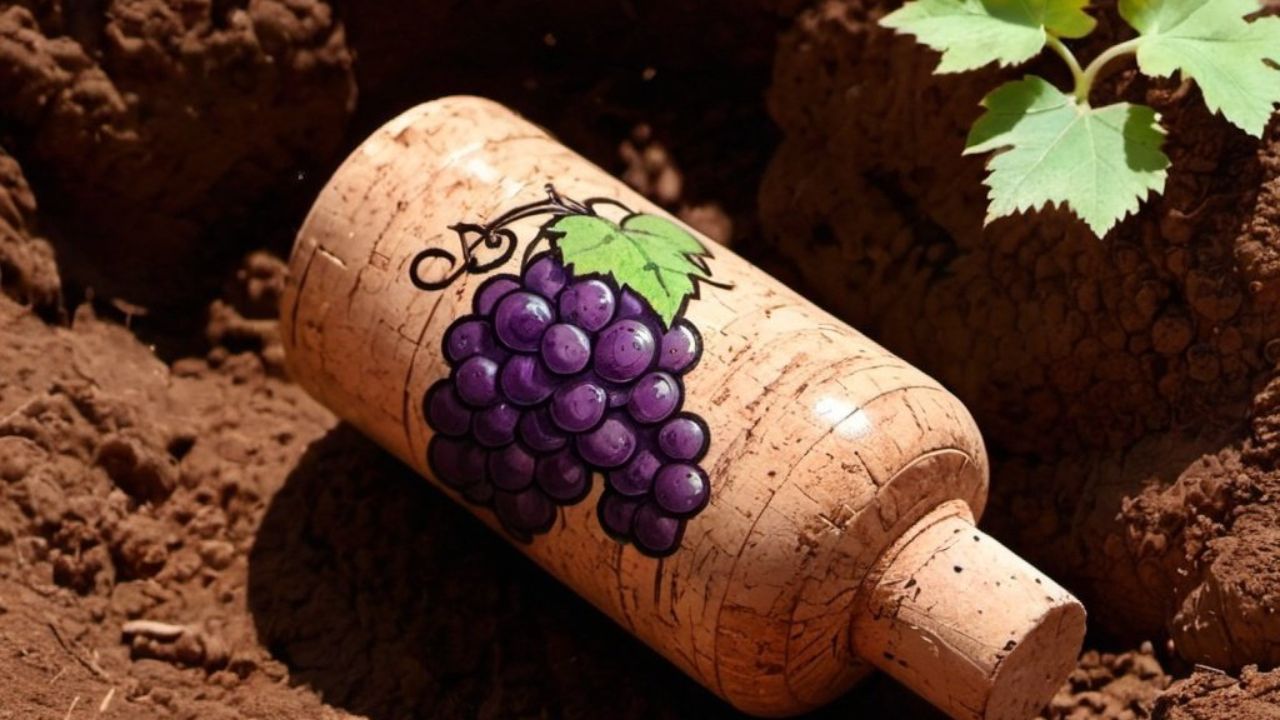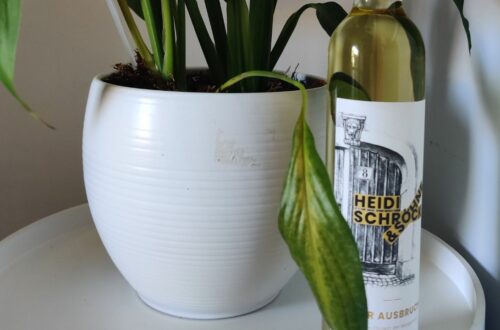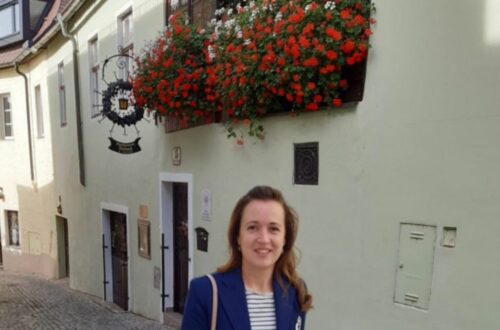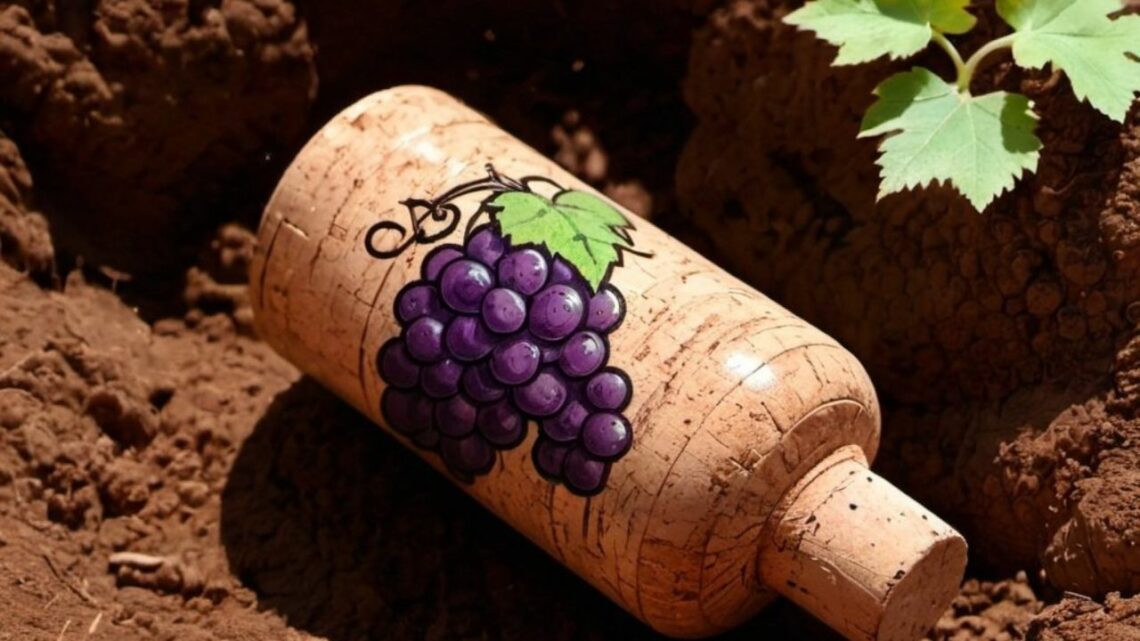
Natural Winemaking In Austria
Hey wine lovers!
We’ve explored the world of sustainable wines, delving into organic and biodynamic options. But the journey doesn’t stop there! Today, we’re venturing into the exciting realm of natural wines from Austria.
Ever tasted a wine where the grapes really sing? That’s the idea behind natural wines. These wines are made with minimal fuss, letting the terroir hbe the star.
Natural winemakers often farm organically and use native yeasts for fermentation, just like winemakers did for centuries. They also avoid adding extra things like sulfites, which can sometimes give wines a headache-inducing twang.
ANECDOTE: speaking of headaches, want to know a little secret? Just found a gadget which really helps with the hangovers, well at least it did that one time. Let me know if it works for you!
There’s no official rulebook for natural wines, but the main idea is to let the grapes show off their natural character. Think of it like fresh seafood – the simpler the preparation, the more you taste the ocean!
Now, you might hear about biodynamic wines too. These are often natural wines, but with an extra layer of focus on special vineyard practices. It’s like natural wines with a touch of woo-woo!
Natural winemaking in Austria is about minimal intervention, letting the grapes express their terroir. This means using native yeast for fermentation and avoiding additives. Austrian regions like Burgenland and Steiermark are known for natural wines made with Grüner Veltliner and other grapes that reflect the local soil and climate. This sustainable approach is gaining popularity worldwide.
The Philosophy of Natural Winemaking in Austria
Making wine naturally in Austria is all about minimal intervention, letting the grapes show their true essence. But what does this really mean?
Embracing Terroir
Have you ever noticed how the sunshine and soil next to the sea can make tomatoes taste extra sweet? That’s kind of like terroir for wine! It’s the special mix of sunshine, soil, and hills (or mountains here in Toulon!) that makes each wine region unique.
Austrian winemakers call terroir the “fingerprint” of their wines. It’s what gives them that special something that makes them stand out.
Think of terroir as a playground for grapes. Just like some kids love the swings best, some grapes thrive in certain types of soil and weather.
In Austria, Grüner Veltliner is the star because it really shows off the unique qualities of each region. They have other cool grapes too, like Blaufränkisch, Zweigelt, and Sankt Laurent, and each tells a story about the land where it grows.
Native Yeast Fermentation
In natural winemaking, we let the natural microorganisms on grape skins kickstart the fermentation process—a key feature. This is different from regular winemaking, which often uses commercial yeast to control fermentation.
Letting the natural yeast do its thing adds a unique taste and shows off the vineyard’s terroir in Austrian natural wines. The various yeast types on the grape skins create complex flavors, giving a snapshot of the specific vineyard.
Natural winemakers let fermentation happen on its own, trusting the natural yeast to lead the way. This needs careful attention to the grapes and cellar conditions because spontaneous fermentation can be a bit unpredictable.
Minimal Intervention
In natural winemaking, we keep things simple and pure, not adding too much or messing with the wine’s true character. No unnecessary stuff like additives, excessive filtering, or flavor tweaking.
This hands-off approach keeps the wine authentic, letting the natural flavors of the grapes take the spotlight. The result? Wines that are pure, lively, and genuinely reflect where they come from.
Natural winemakers steer clear of artificial additives—no fake sweeteners, stabilizers, or flavorings. Using these can cover up the natural grape flavors and mess with the delicate balance of the wine.
What makes natural Austrian wines unique is a blend of things like terroir, using natural yeast, and keeping things simple. These wines tell a story of the strong bond between the winemaker, the land, and the grapes.
Pioneers of Natural Austrian Winemaking
Austria’s natural winemaking movement has been influenced by a group of pioneers who champion sustainable practices and create wines that truly represent the land.
These trailblazers have ushered in a new era of Austrian winemaking, emphasizing authenticity and environmental respect.
Austria is a standout producer in natural wine, with regions like Burgenland and Steiermark playing significant roles.
For instance, in Styria, winemakers such as Tement, Andreas Tscheppe, Sepp Muster, Werlitsch, Tauss, Schnabel, and Strohmeier are playing with Opok soils to make exceptional wines.
The “Schmecke das Leben” group (think of them as the “Taste Life” gang!), including Strohmeier, Tauss, Wertlitsch, Andreas Tscheppe, and Sepp Muster, are all about letting the grapes do the talking, with minimal intervention to really enhance the unique flavors of each region.
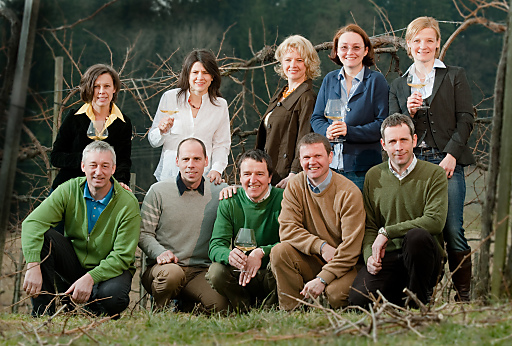
But this movement isn’t limited to Styria : in Burgenland, Gut Oggau passionately embraces natural winemaking, .
It wasn’t always smooth sailing for these natural wine pioneers. But their dedication and delicious drops have paid off, with Austrian natural wines now gracing the shelves of top restaurants around the world.
Gut Oggau’s Eduard Tscheppe reflects on the challenges they faced, stating, “We had to contend with challenges, always needing to clarify why our wines appeared cloudy or had distinctive aromas.“
Forget the funky smells and vinegary bites you might hear about with natural wines sometimes! These natural wines stand out due to their absence of common technical issues such as volatile acidity, signs of Brettanomyces, and undesirable “mousiness,” often criticized in natural wines.
Here’s the secret: Austria’s cooler climate acts like a natural bodyguard for their wines. Austrian wines, characterized by high acidity and low pH levels typical of cooler regions, naturally prevent bacterial growth that can lead to technical flaws.
In the Austrian culture, perfectionism is key. Winemakers like Christian Tschida take meticulous care of their vineyards and cellars, ensuring every bottle is a masterpiece
Their hard work isn’t just good for Austrian natural wines, it’s putting the whole country on the map as a major player in the global wine scene.
The Future of Natural Winemaking in Austria
In Austria, making wine naturally isn’t just a passing fad—it’s a movement that’s all about being sustainable, respecting the land, and lovingly creating wines that are pure, lively, and true to their roots.
Growing Popularity and Expanding Horizons
More and more people worldwide are falling in love with the pure, lively, and terroir-focused charm of Austrian natural wines.
And, symetrically, more and more Austrian winemakers are joining the natural movement, ditching the chemicals and embracing sustainable methods.
Austrian natural wines are making a name for themselves on the global stage, earning praise from well-known wine critics and publications.
For instance, Gut Oggau’s wines have been praised by wine critics such as Jancis Robinson and Jamie Goode, and they have been featured in publications such as The New York Times and The Wine Advocate.
The best part? These delicious, earth-conscious wines are finding their way to new corners of the world. People everywhere are looking for wines with a story, and Austrian natural wines deliver in spades. With every bottle exported, Austria’s reputation as a natural wine powerhouse gets even stronger
Challenges and Solutions
So, Austria’s natural wine scene is booming, but it’s not all sunshine and grapes. There are some hurdles to jump over to keep this movement thriving in the long run.
One big challenge is making sure it all stays affordable. Natural winemaking takes some serious skill and dedication to sustainability, which can push up production costs. This can be a real squeeze for smaller wineries, making it tough for them to compete.
Another hurdle? Educating wine lovers! We gotta spread the word about the magic of natural wines – minimal intervention, eco-friendly practices, and wines that truly reflect the land. The more people who understand these benefits, the bigger and better the Austrian natural wine scene will become. It’s a win-win for everyone!
Conclusion : Natural winemaking practices in Austria
Forget mass-produced plonk, Austria’s going green with natural wines! Sustainability and letting the land shine are the name of the game here. The key factors are terroir, native yeast fermentation, and minimal intervention.
Think of each Austrian wine region as having its own unique fingerprint, that’s terroir! Natural winemakers use this fingerprint to their advantage. They let the natural yeast on the grapes (like tiny party starters!) do the fermenting, creating complex flavors that scream “Austria!”
Here’s the best part: no unnecessary additives! These winemakers are all about letting the grapes be themselves, resulting in wines that tell the story of the land, the grapes, and the passionate winemakers who brought them together.
Natural winemaking isn’t just a fad in Austria, it’s a revolution for a sustainable future. It’s not just about making great wine; it’s about preserving the planet. These winemakers are the guardians of Austria’s winemaking history, ensuring it stays delicious and environmentally friendly for future generations.




